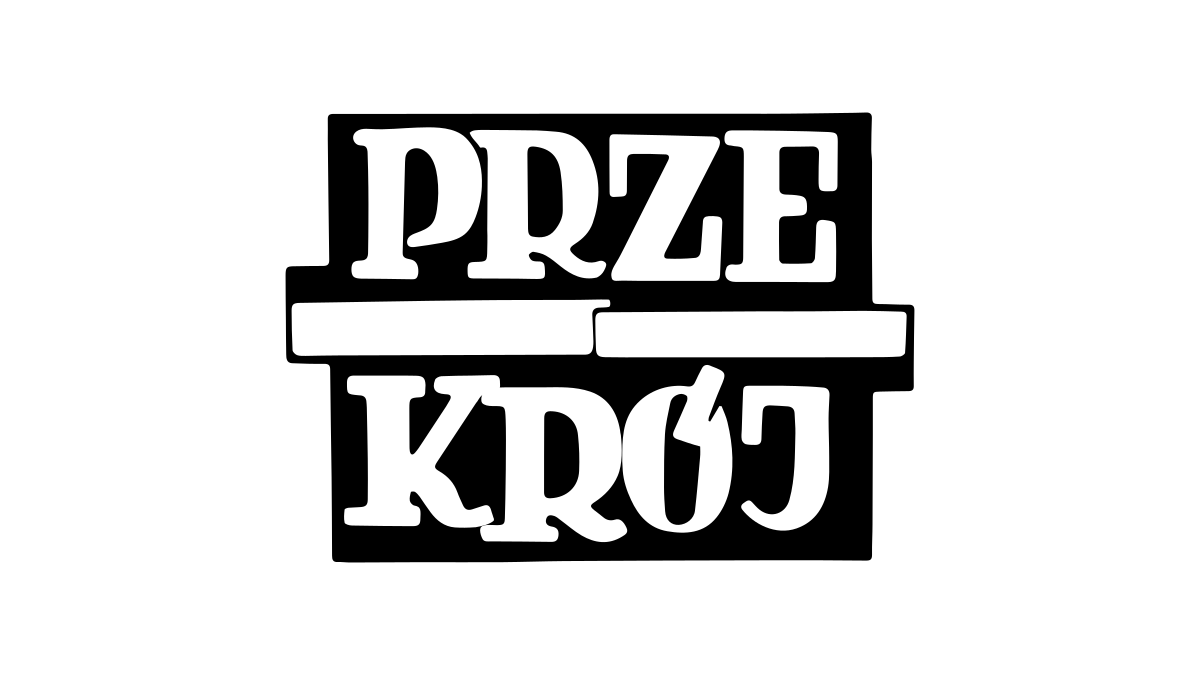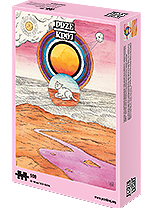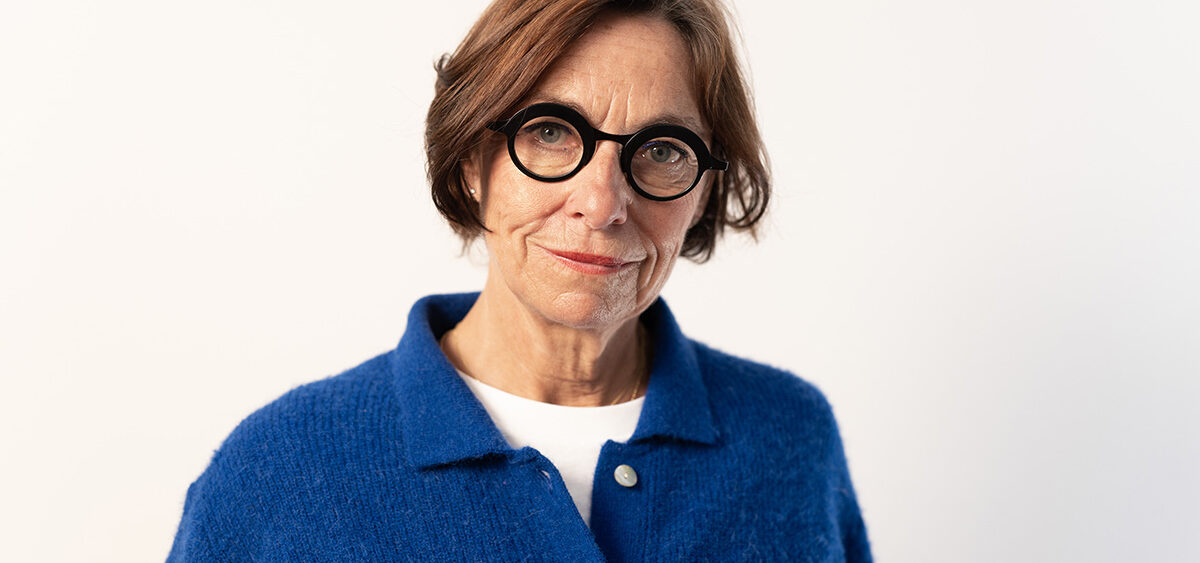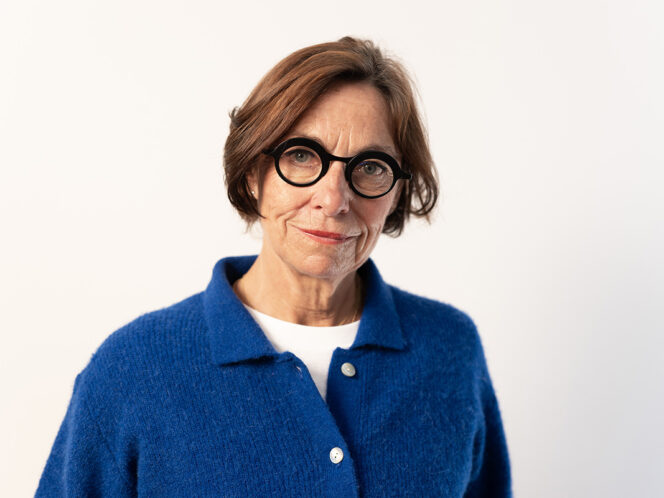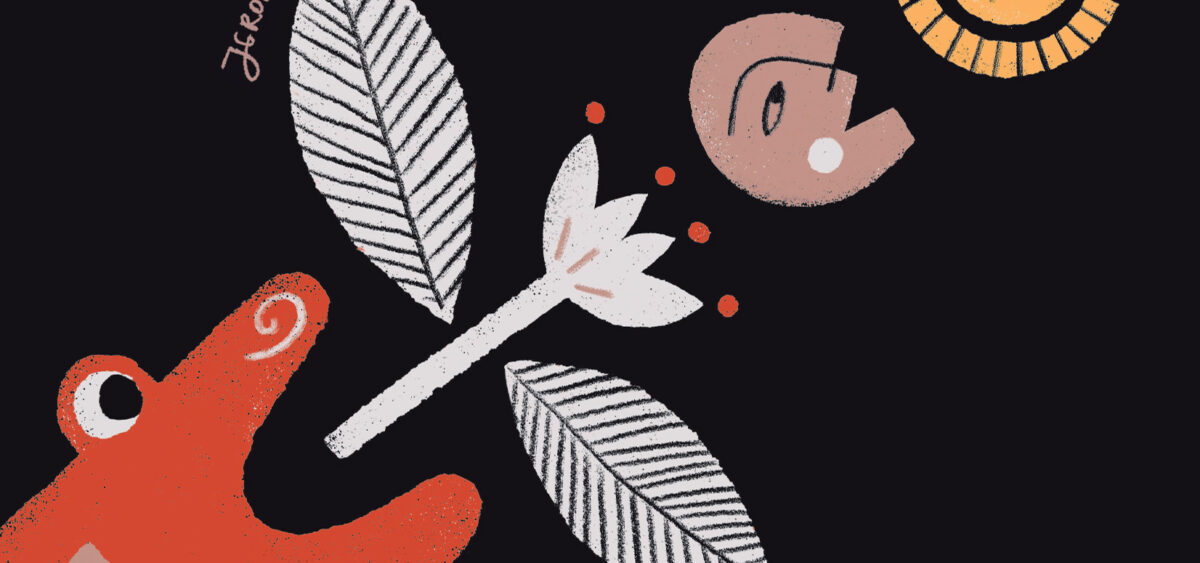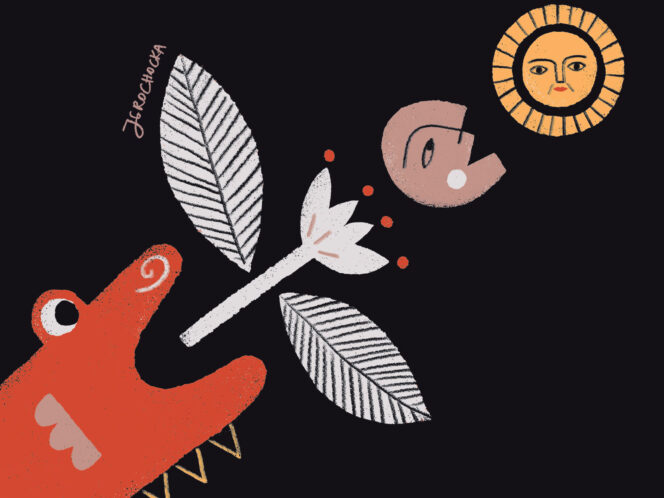
Cultivating relationships with the dead not only brings people comfort in the midst of grief, but also restores meaning to life. Vinciane Despret, a Belgian researcher and the author of Our Grateful Dead: Stories of Those Left Behind, talks about the profession of midwifery for the dead and the benefits of returning to home funerals.
Paulina Małochleb: What is a death midwife?
Vinciane Despret: It’s usually a woman – although not only women belong to this group – who has had to face the death of a loved one, herself, and has discovered that burial rituals are highly commercialized and extremely violent. It’s her task to reintroduce home rituals, prepare the burial and farewell for the deceased, and support the surviving loved ones – in other words, to give meaning to the funerary rites. Because the ones conducted by present-day funeral homes have been stripped of it.
This profession isn’t new. Death midwives are trying to rekindle the funerary customs that existed in our homes before we experienced the phenomenon of the hospitalization of death. They organize the washing of the body, invite mourners to the home, and deal with legal and logistical issues. And they also undertake certain tasks of a spiritual nature – for example, they arrange prayers if someone needs them. We don’t need to understand prayer in a religious sense here, it’s just a continuation of a conversation, except that the deceased will no longer answer us. During the washing of the body, a blessing takes place in which the mourners can participate. It consists of reciting a kind of litany over various parts of the body: ‘bless her eyes that
